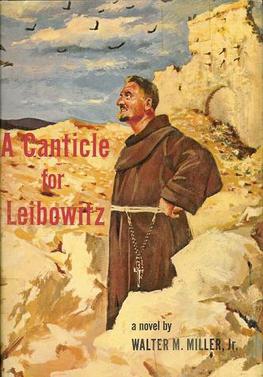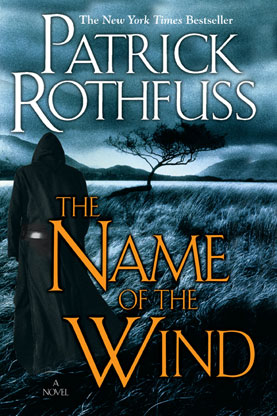 Lord of Light by Roger Zelazny
Lord of Light by Roger Zelazny
Read in April 2009
I’m still scratching my head wondering why or how this novel won the Hugo Award for Best Novel in 1968. My memories of those times are sparse as I wasn’t in grade school yet. Without researching extensively into the mythology and theology of Hinduism, I can’t speak to how “popular” or “well known” that information was in 1968.
Zelazny’s prose is enjoyable and at times lyrical. His world building was vague but eventually I came to realize the world was not Earth, but a colony from Earth. The science and technology existed for the “gods” alone, actively suppressed by the pantheon, encouraging belief in their “godness” among the population.
None of the characters mattered to me. In a broad sense, I cared most for the poor subjugated and duped population of this planet. The protagonist’s attempted rebellion and revolution against the status quo led to many dead ends and reincarnations. Sam choose to preach Buddhism as a calculated attempt to bring down the pantheon and encourage the population to grow independently. He even admitted he could have chosen a different religion, such as Christianity, but “crucifixion is painful.”
I laughed at some of the jokes – mostly “inside jokes” to those who were First (implied to be the original colony leaders landing on the planet) and referenced Earth lore known to the reader.
Returning back to the Hugo Awards for 1968, I checked the other offerings to see if I had read any of them:
* Lord of Light, Roger Zelazny (Doubleday)
* The Butterfly Kid, Chester Anderson (Pyramid)
* Chthon, Piers Anthony (Ballantine)
* The Einstein Intersection, Samuel R. Delany (Ace)
* Thorns, Robert Silverberg (Ballantine)
http://www.locusmag.com/SFAwards/Db/H…
I haven’t read any of them so can’t “judge” for myself if Zelazny’s novel was the best offering that year.
Update (4/2/2013): I have since read The Einstein Intersection and would have to admit that Lord of Light is definitely a better novel and a better read.








